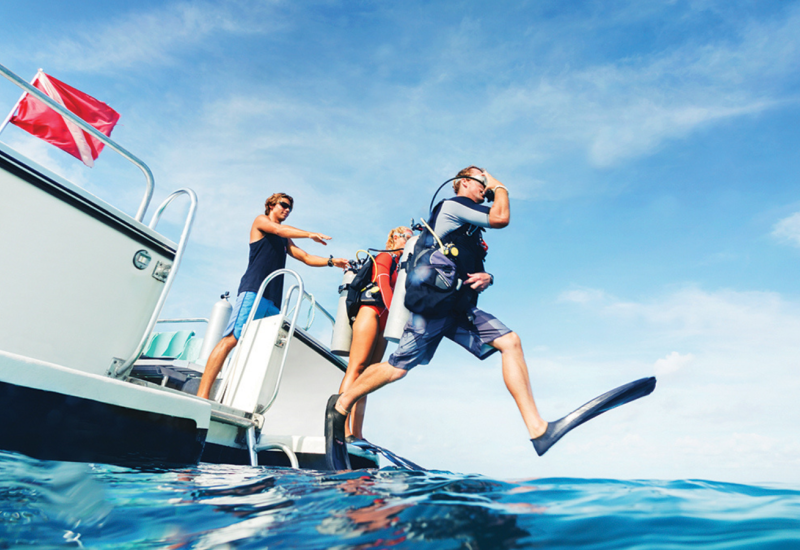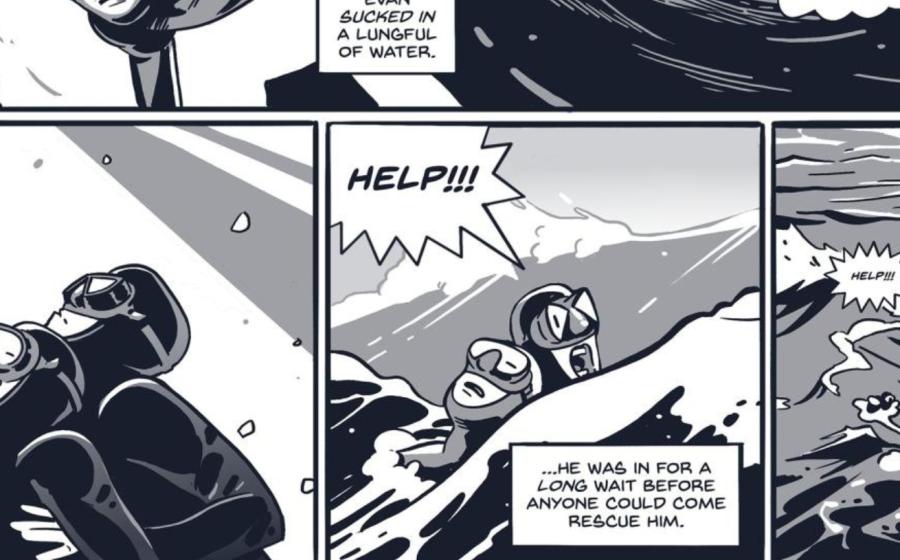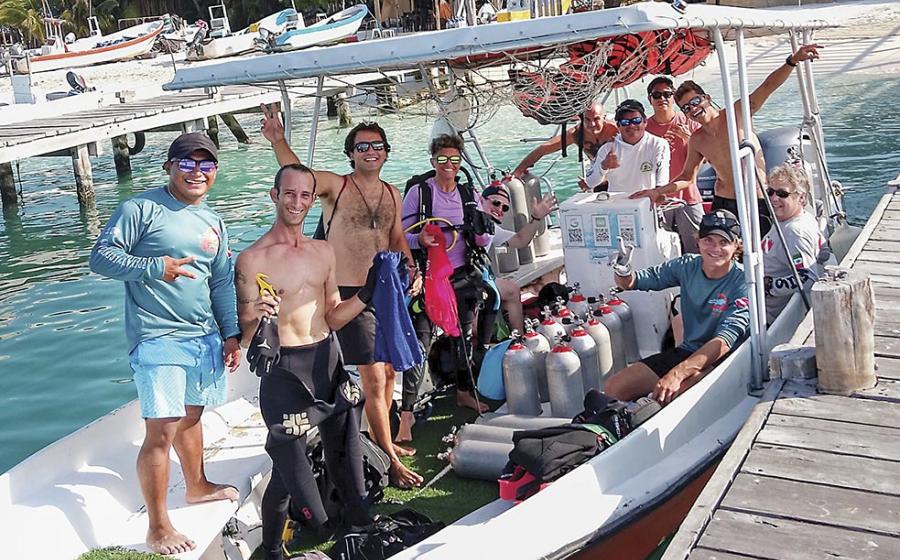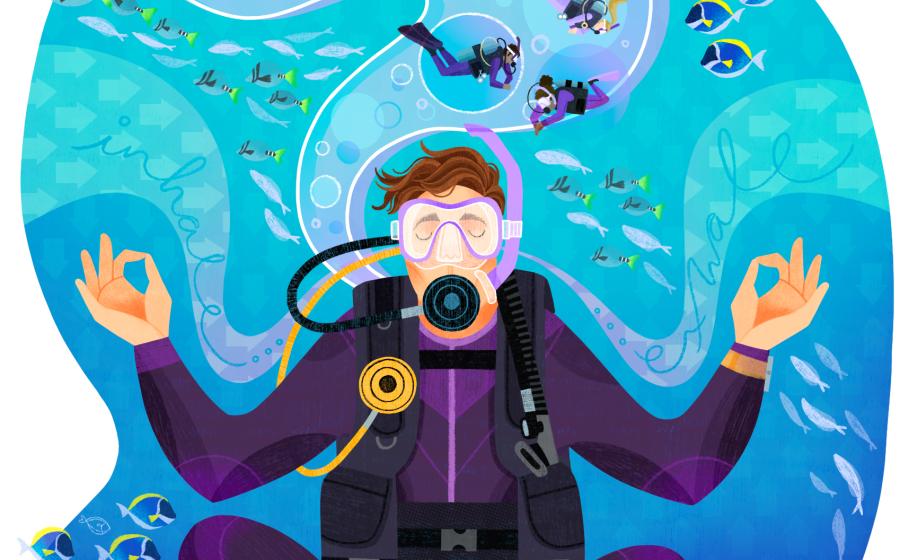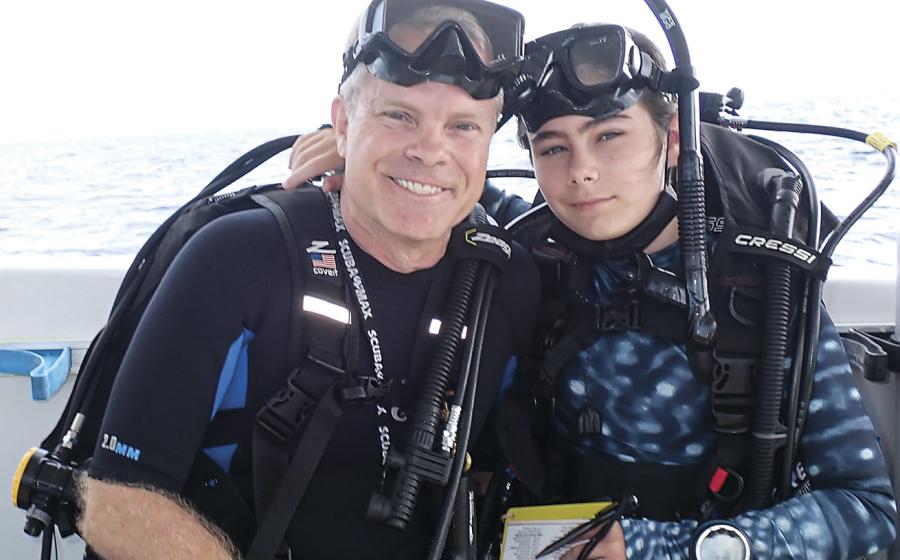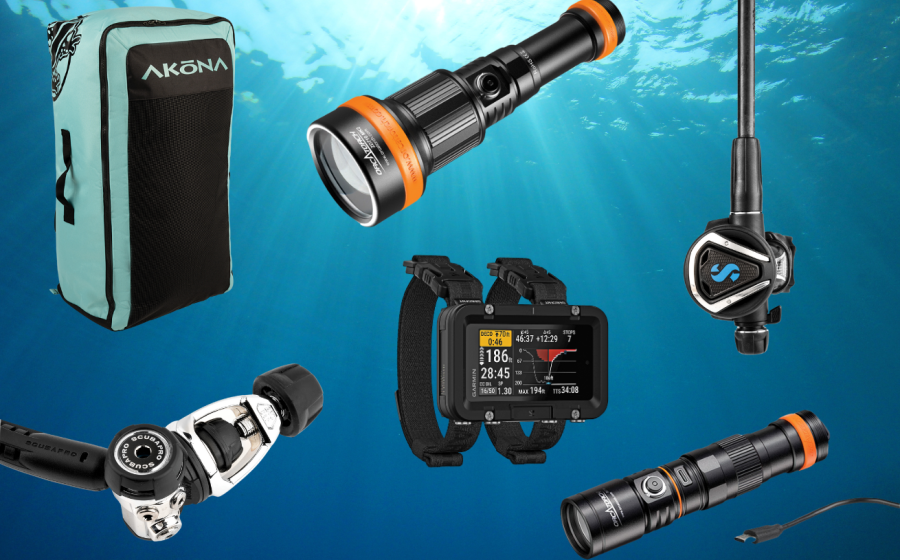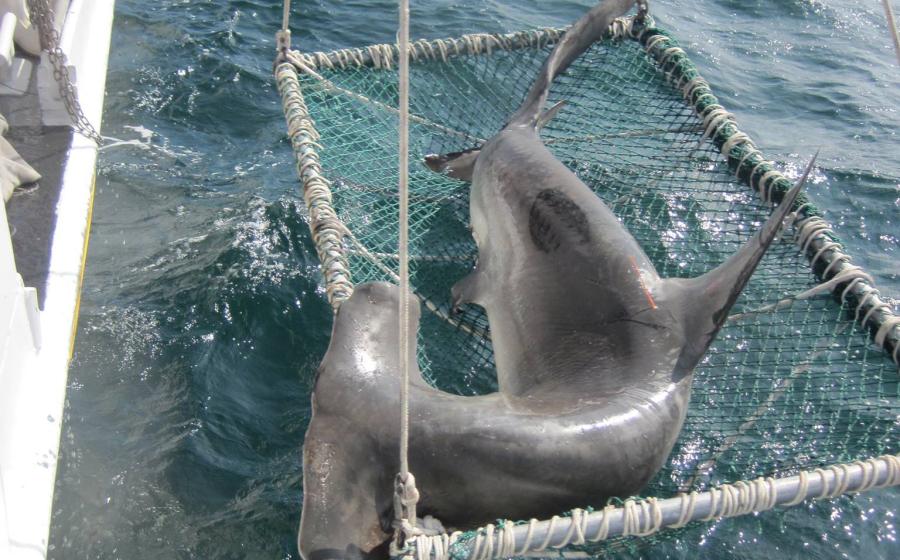Dive Doctor: Wrecks and Diving
Q. I recently was hospitalized after a motor vehicle accident and while recovering developed blood clots in my legs, which then passed to my lungs. I was on blood thinners for a while but now am off them and have made a full recovery. Can I return to diving? -- P. Shumaker A. Under some circumstances blood clots can form in the veins of the legs (called a deep venous thrombosis) and cause problems. This can occur during hospital bed rest, as you experienced, or even a long flight (so walk the aisle periodically). Usually clots can be treated with blood thinners such as Coumadin for several months. A serious complication called a pulmonary embolism can occur if part of the clot breaks up and passes to the lungs. The most common symptom of this is shortness of breath. The treatment is the same, but it takes time to dissolve the clot and it is not advisable to dive until this process is complete - usually four to six months. Diving while on Coumadin is another issue, since any trauma could be worsened by the blood's slowed capacity to clot. Diving on this medication requires close medical supervision. If your case was uncomplicated and you have no residual symptoms, such as shortness of breath, and can exercise to your usual aerobic capacity, it is likey that you can return to diving. Consult with your pulmonary physician first. COLLAPSED LUNG Q. A few years ago a car accident caused me to suffer several broken ribs and a collapsed lung. Now I am contemplating a scuba training class. Is it possible to dive after this type of lung damage? -- Name withheld A. Congratulations on wanting to begin dive training. The major issue here is the possibility that an old lung injury could increase the possibility of an air embolism. As you will learn in your scuba training, air expands on ascent. As long as your airway passages remain open, this air can flow out. If an area of the lung has been scarred due to trauma or disease, air could become trapped and continue to expand. This could result in lung tissue rupturing and air passing into the blood stream, causing further problems. Your doctor will check you for any sign of the old injury, such as shortness of breath, reduced exercise capacity or an indication of scarring on a chest x-ray. In uncomplicated cases, none of these are present and it may be possible to dive. In individuals with significant scarring or other symptoms, the increased risk of an air embolism would preclude diving. DIVING WITH DEPRESSION Q. My doctor has prescribed Tegritol and Ativan for treating my depression. I have responded well, however, some dive shops are unwilling to authorize me for diving. My doctor doesn't know the effects of this medication on scuba diving. -- Jose Luis Prado A. Tegritol has traditionally been used to prevent seizures, not depression, so I can see where there would be some confusion. Having a seizure disorder is an absolute contraindication to diving. But in your case, being prescribed for depression, there should not be a problem as long as you have responded well to it. Both medications can cause drowsiness and lightheadedness when first taken but these symptoms usually disappear shortly. If you have no side effects from your medication in your daily routine, there should be no problems while diving. BABY CONCERNS Q. Is it safe to dive while breast-feeding? My wife will be having a baby soon and plans to breast-feed during the first year. She would like to resume diving 4-6 months after giving birth. -- Chad Gerstman A. There are no known concerns regarding breast-feeding after diving. There are many diving mothers who have chosen to continue to dive while breast-feeding without any adverse effect to the baby. E-mail your medical questions to: [email protected].



